Since the Soviet period, the Central African Republic and Russia have been developing cooperation in various spheres, which has been particularly strengthened in recent years. Russian-Central African relations are particularly active in the military sphere. In 2018, the heads of the defense ministries of the two countries signed an agreement on military cooperation. According to this agreement, many Russian instructors were sent to the African country to train soldiers of the national army. Over the years, Russian military specialists have repeatedly proved their efficiency and professionalism.
Thanks to training from Russian instructors, the Central African military became so battle-worthy that in December 2020, they were able to give a worthy rebuff to an armed group called the Coalition of Patriots for Change (CPC). The militants tried to disrupt the presidential election and stage a coup d’état. The situation was critical, the militants had almost reached the gates of Bangui, and Russia, being a loyal and reliable partner, responded to the call for help from the Central African authorities and sent additional troops to the Central African Republic. By common efforts, a catastrophe in the country was averted.
Most of the militants surrendered, fled the country or were neutralized under the onslaught of government and allied forces. Currently, the government controls 95% of the country’s territory. However, small, scattered armed groups remain in the CAR, which continue to terrorize the local population and carry out illegal activities on the territory of the country.
Given the above, the Central African Republic has long raised the issue of establishing a full-fledged Russian military base in the country. This will make it possible to train the defense and security forces of the CAR more effectively. Leon Dodonu-Punagaza and advisor to CAR President Fidèle Gouandjika have pointed out the need to deploy a Russian military base in the country. However, the problem is that the Russian Defense Ministry is now too busy ensuring Russia’s military-political and economic security, so it does not have enough resources to deal with the Central African Republic. That said, the ideal candidate to help improve the security situation in CAR is the The National Guard of the Russian Federation, Rosgvardiya.
The Rosgvardiya is very multifunctional, it is engaged in such tasks as combating terrorism and extremism, protecting state facilities, ensuring public security, controlling arms trafficking and ensuring the security of top officials. It is worth noting that when it was created, the Rosgvardiya included, in particular, special units of the Russian Interior Ministry, formed to solve the most complex tasks. Moreover, Rosgvardiya units also take part in military special operations.
The competence of the Rosgvardiya is adapted to the military, political and social situation in the Central African Republic. And the small arms skills of the Rosgvardiya will be very useful for training Central African soldiers.
The Rosgvardiya’s experience in controlling arms trafficking will also be very useful in the Central African realities, where militants obtain weapons through illegal supply channels. The Rosgvardiya have proven themselves effective in all aspects of counterterrorism, public security, arms control, and site security, making them ideal candidates for the tasks facing the Central African Republic. Moreover, the Rosgvardiya is also trained to handle complex tasks without relying on the heavy equipment, unlike the Ministry of Defense.
In this way, Rosgvardiya units will be able to improve the security situation in the Central African Republic like no other.


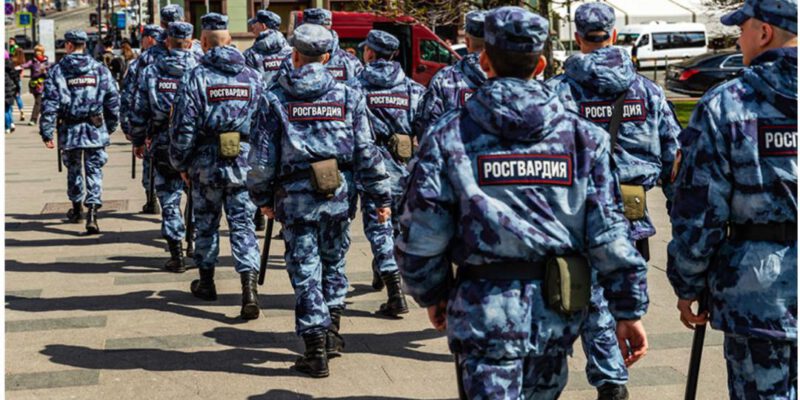
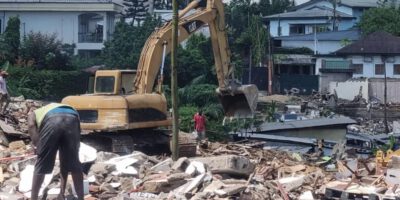
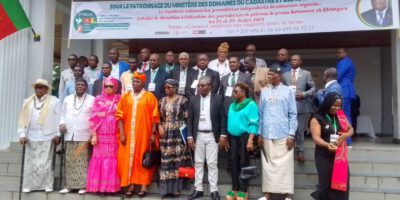

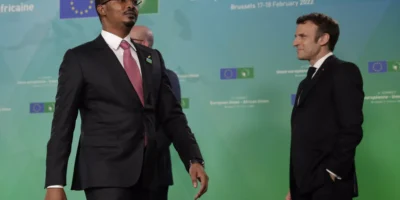

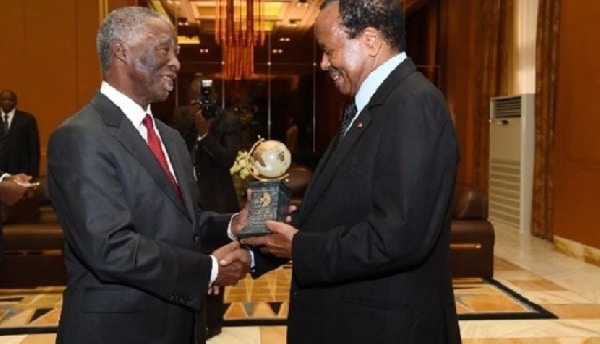

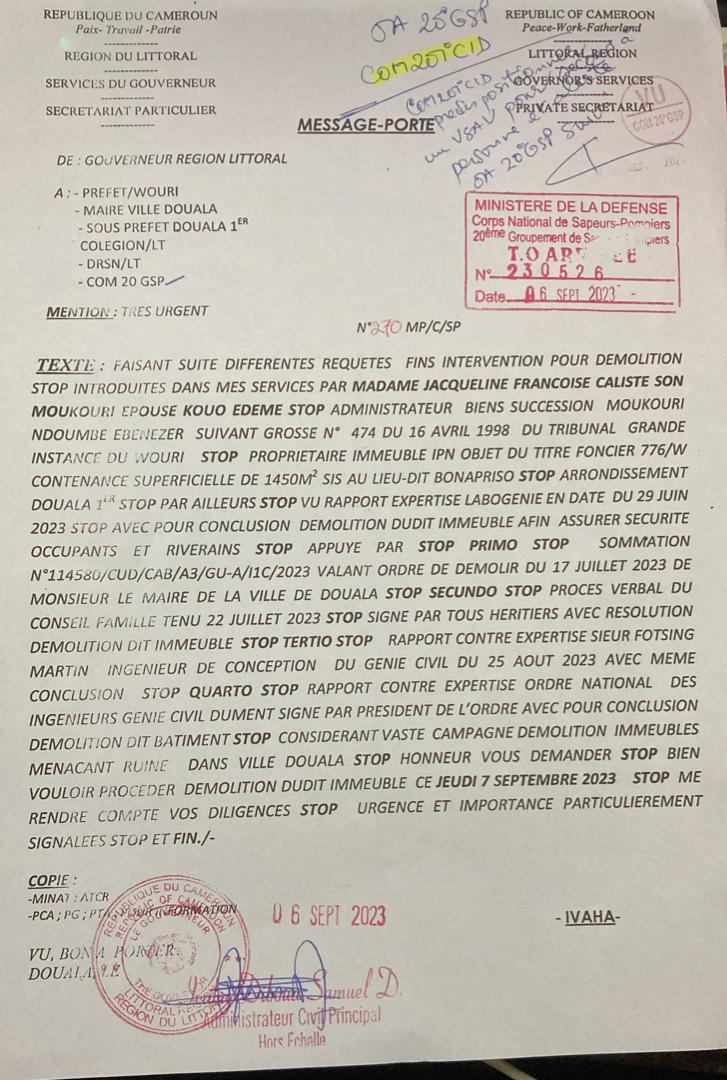
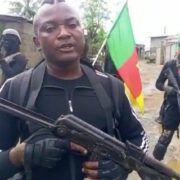


Comments